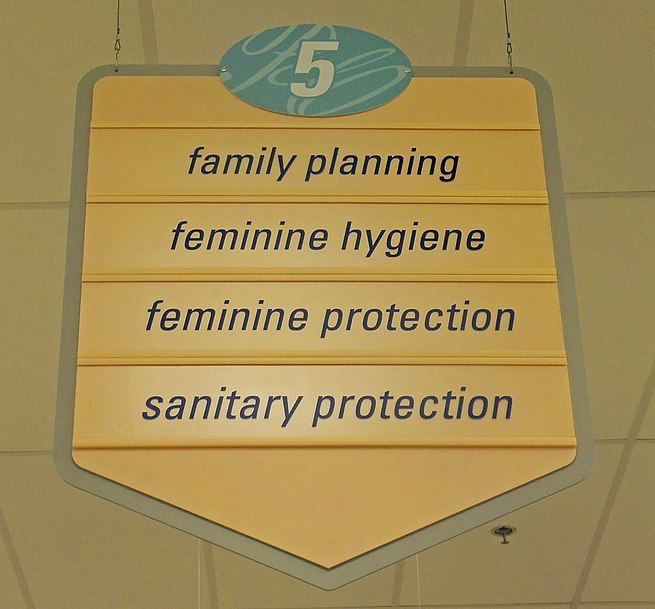
Main Difference
The main difference between Euphemism and Doublespeak is that the Euphemism is a innocuous word or expression used in place of one that may be found offensive and Doublespeak is a language that deliberately disguises, distorts, or reverses the meaning of words
-
Euphemism
A euphemism is a generally innocuous word or expression used in place of one that may be found offensive or suggest something unpleasant. Some euphemisms are intended to amuse, while others use bland, inoffensive terms for concepts that the user wishes to downplay. Euphemisms may be used to refer to taboo topics (such as disability, sex, excretion, or death) in a polite way, or to mask profanity.
-
Doublespeak
Doublespeak is language that deliberately obscures, disguises, distorts, or reverses the meaning of words. Doublespeak may take the form of euphemisms (e.g. “downsizing” for layoffs and “servicing the target” for bombing), in which case it is primarily meant to make the truth sound more palatable. It may also refer to intentional ambiguity in language or to actual inversions of meaning. In such cases, doublespeak disguises the nature of the truth. Doublespeak is most closely associated with political language. The word is comparable to George Orwell’s Newspeak and Doublethink as used in his book Nineteen Eighty-Four, though the term Doublespeak does not appear there.
-
Euphemism (noun)
The use of a word or phrase to replace another with one that is considered less offensive, blunt or vulgar than the word or phrase which it replaces.
-
Euphemism (noun)
A word or phrase that is used to replace another in this way.
-
Doublespeak (noun)
Any language deliberately constructed to disguise or distort its actual meaning, often by employing euphemism or ambiguity. Typically used by governments or large institutions.
“The report was riddled with so much corporate doublespeak that it was impossible to interpret.”
